Fall brings cooler weather and a whole new assortment of seasonal fruit and vegetables. As you are wandering through markets and pumpkin patches, you may be wondering what are healthy fall foods for dogs?
You enjoy them and would like to share some with your best friend. The good news is there are lots of healthy human fall foods safe for dogs to eat.
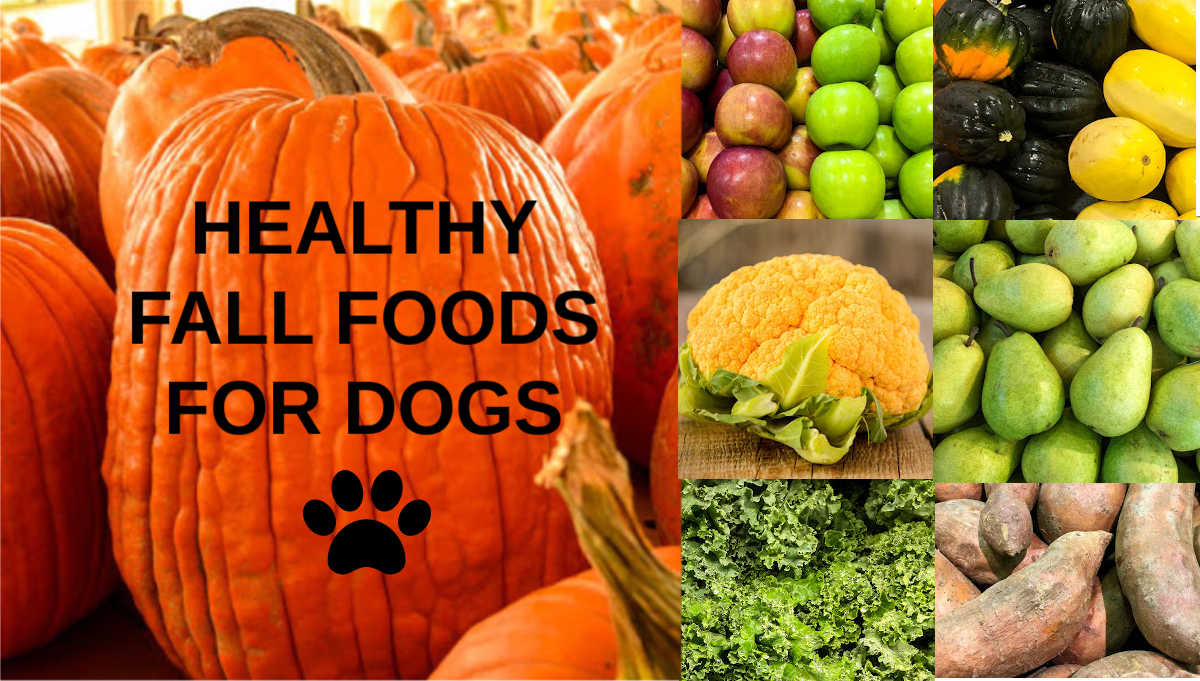
Healthy Fall Foods Safe for Dogs
For ultimate pet safety, I recommend consulting with your vet prior to feeding your dog any food listed in this article.
Apples
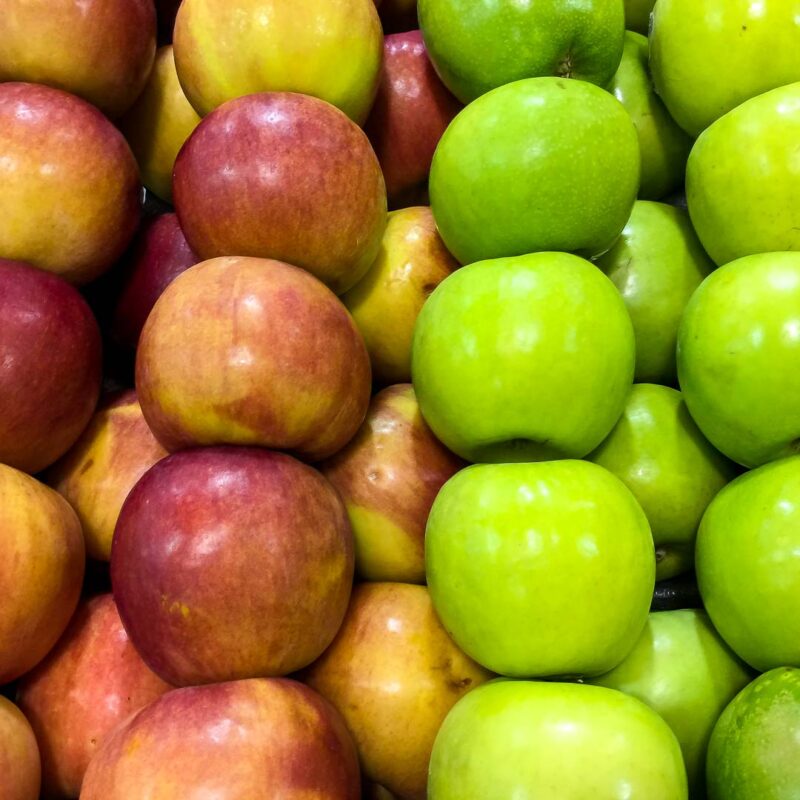
Apples are a great source of vitamins A and C, antioxidants, and fiber. They are low in protein and fat, making them a great snack for dogs especially those with low-fat and low-protein dietary requirements.
It is critical to remove the seeds and core before feeding apples to your dog because the seeds contain cyanide (a poisonous chemical).
Broccoli
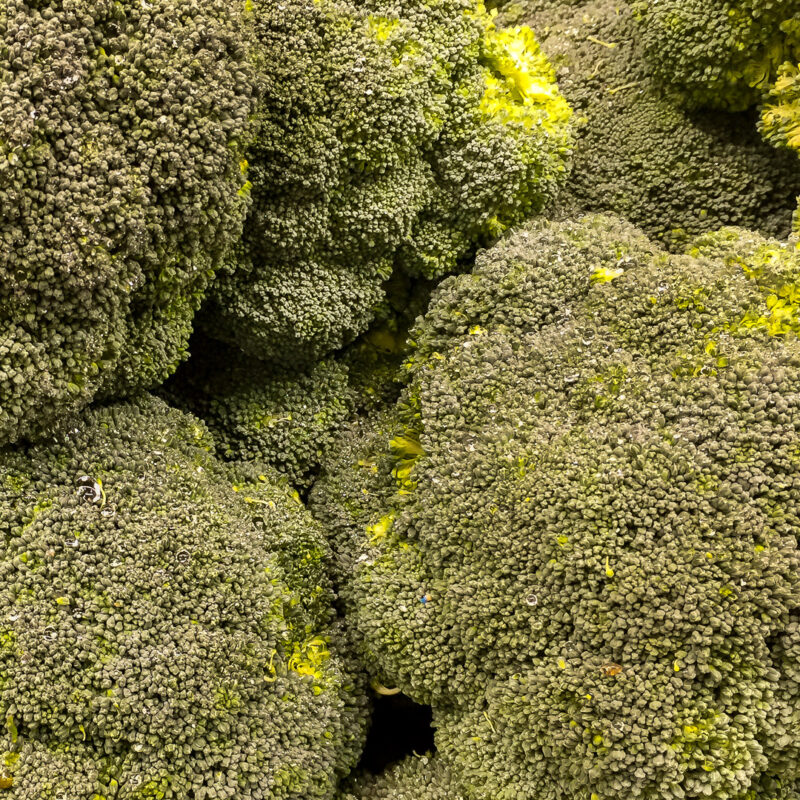
Broccoli is a low-calorie, nutrient-dense vegetable. Dogs can eat raw or cooked broccoli in small amounts. Be aware it contains isothiocyanates, which are compounds that may irritate your dog’s digestive system if he eats too much of it.
Brussels Sprouts
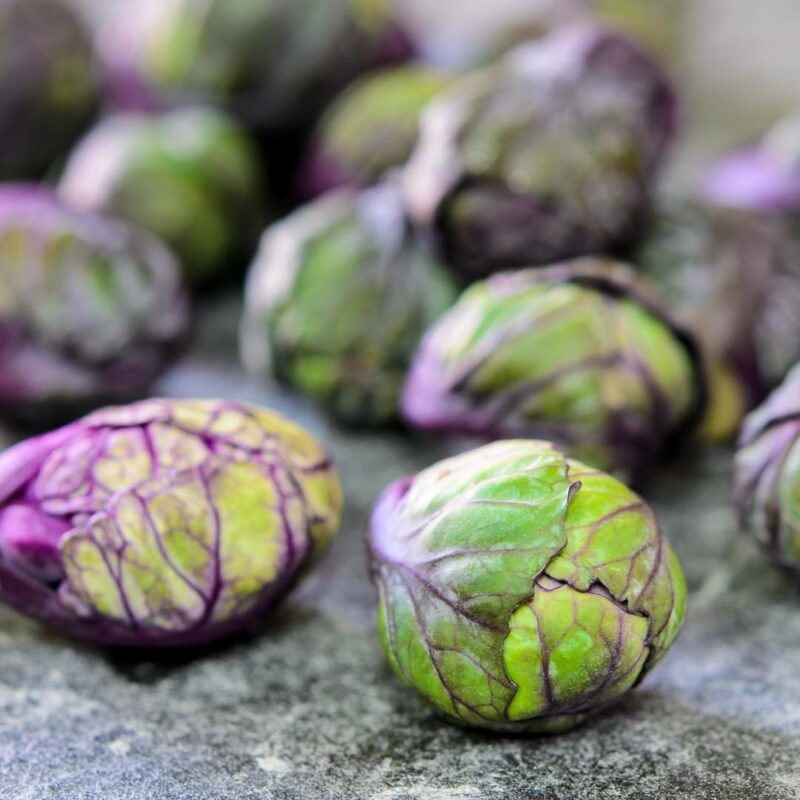
Brussels Sprouts is a cruciferous vegetable is loaded with nutrients, vitamins, fiber, and antioxidants. Small amounts are recommended because they contain a high level of isothiocyanate that can cause gas, stomach upset, and diarrhea.
Do not feed your dog raw Brussels sprouts. You should steam, boil, or microwave them. Start with giving your dog a small portion, about a half or 1 sprout, depending on your dog’s size. If that goes well, you can offer him an occasional Brussels sprout treat (no more than three per serving).
Cauliflower
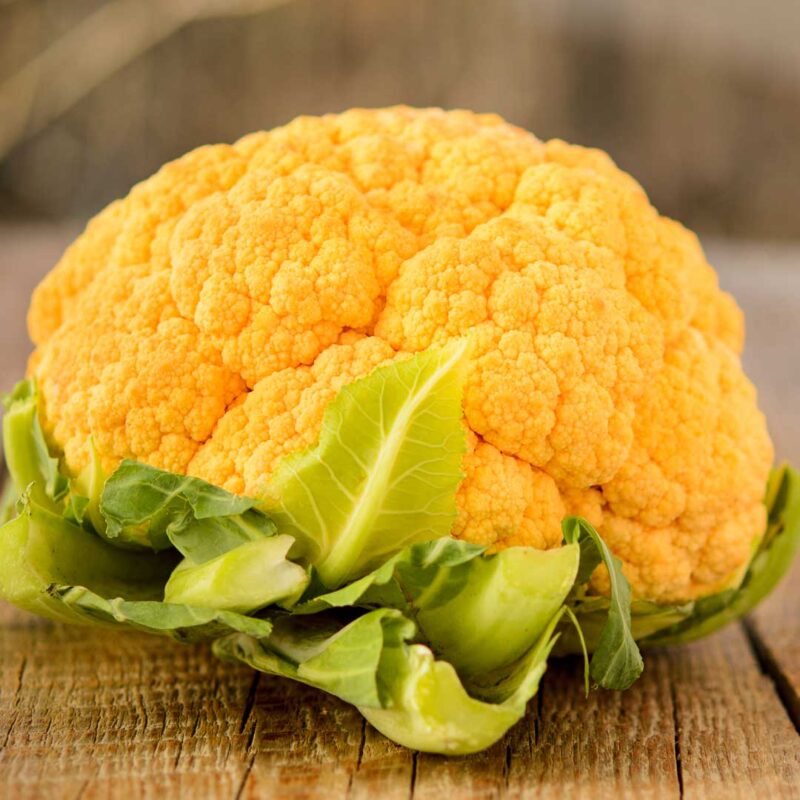
Cauliflower is a good source of vitamins C, K, and B6, plus folate, and choline. It is safe to feed your dog, either raw or cooked.
Like Brussels sprouts, you want to feed it to your dog in small amounts because it can cause gas. Give cauliflower to your dog as an occasional treat and not on a regular basis.
Celeriac (Celery Root)
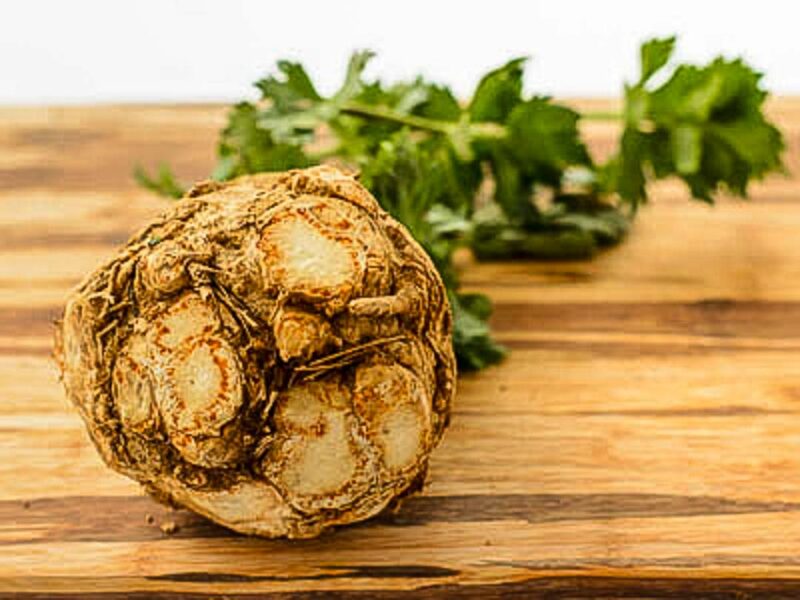
Celeriac aka celery root is a great source of vitamin K and minerals such as phosphorus, iron, calcium, copper, and manganese.
Dogs can eat cooked celeriac. You want to feed it to your dog in small amounts because it is high in carbohydrate content and can cause gas.
Leafy Greens
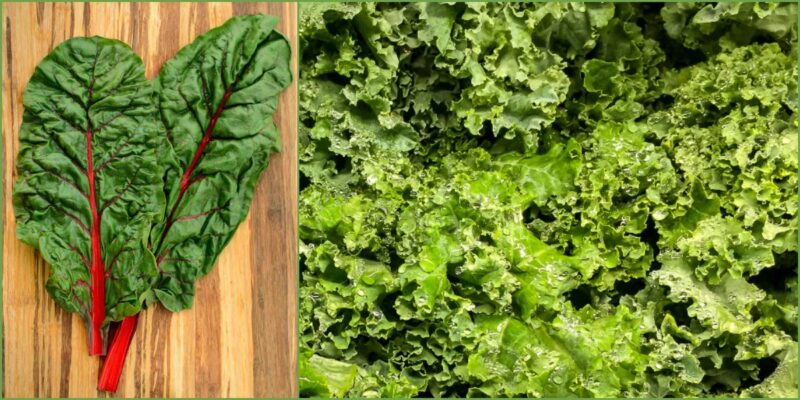
Leafy greens are just as healthy for dogs as for people. They are rich in vitamins A, C, and K, calcium, iron and potassium, leafy greens are also a good source of fiber. Some of the best ones for dogs are kale and spinach. It is okay for your dog to eat raw leafy greens, however, some leaves are known to contain toxins including oxalates.
Cooking or steaming the greens lightly will help break down the toxins and save the nutritional value. Swiss and rainbow chard are not recommended for pets with kidney stones (or are at risk for developing kidney stones), gout, osteoporosis, or stomach issues. You can feed your fur baby small amounts of rainbow chard as an occasional treat.
Pears
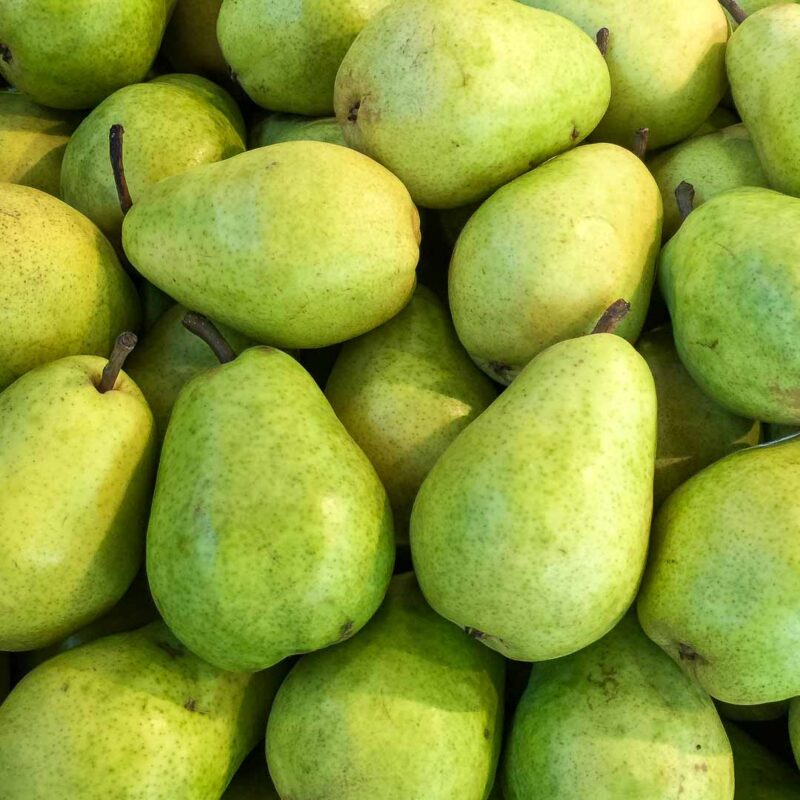
Pears are a great fruit snack because they’re high in copper, vitamins C and K, and fiber. You must remove the seeds and core before feeding pears to your dog. Like apples, the seeds contain cyanide.
Potatoes
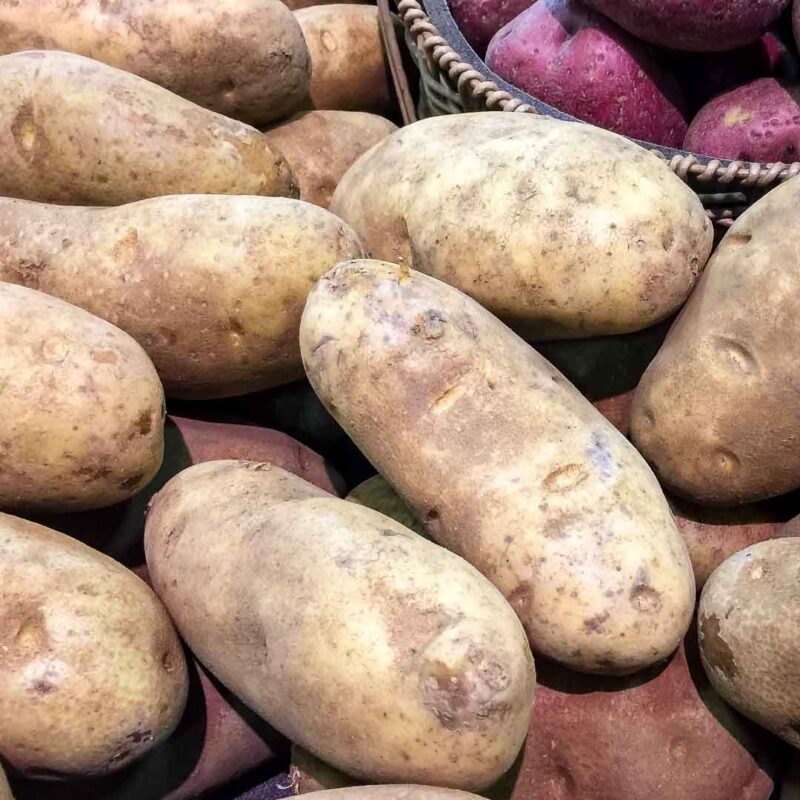
Potatoes are a good source of vitamins C and B6, potassium, manganese, and fiber. Dogs can eat cooked potatoes. Never feed your dog raw potatoes because they contain solanine, a compound that is toxic to dogs. Cooking reduces solanine levels.
If you are watching your dog’s weight, note potatoes have a high carbohydrate content and may cause weight gain if eaten in large quantities.
Pumpkin
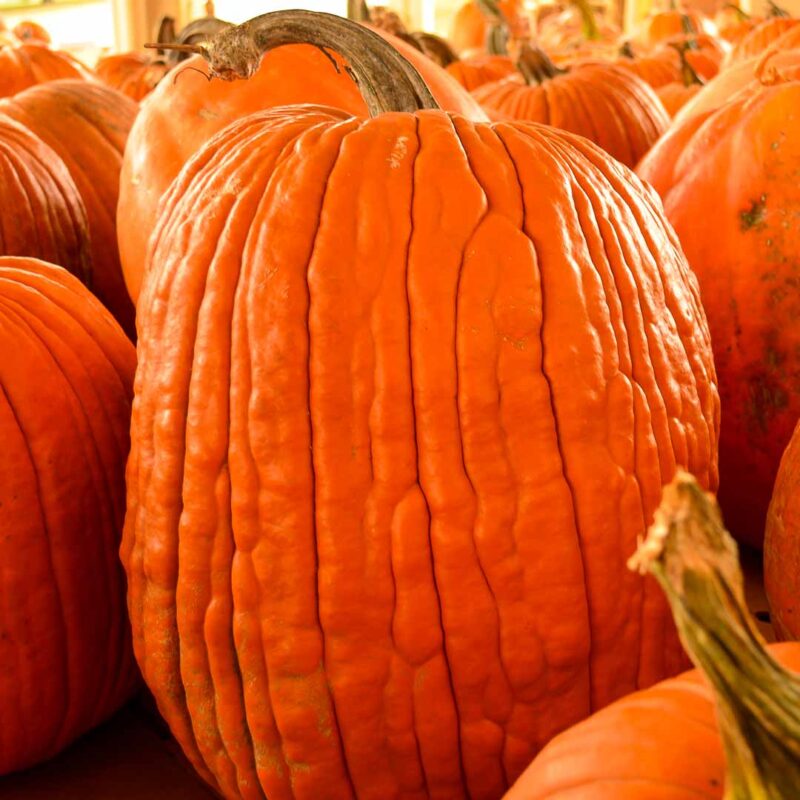
Fall wouldn’t be the same without some pumpkin. You’ll probably find thousands of recipes for it for both humans and dogs. It’s definitely one of the top healthy fall foods for dogs.
Pumpkin is high in fiber and loaded with vitamins and minerals including magnesium, potassium, iron, and zinc.
If your dog has had tummy issues is diarrhea, your vet or friends have probably recommended giving your dog pumpkin. Note pumpkin helps both diarrhea and constipation and likewise can cause both. You’ll want to feed it to your dog in moderation.
You can easily make homemade pumpkin puree in a slow cooker or Instant Pot.
Take a look at 10 Awesome Homemade Pumpkin Dog Treats Recipes you can make for your dog.
Sweet Potatoes
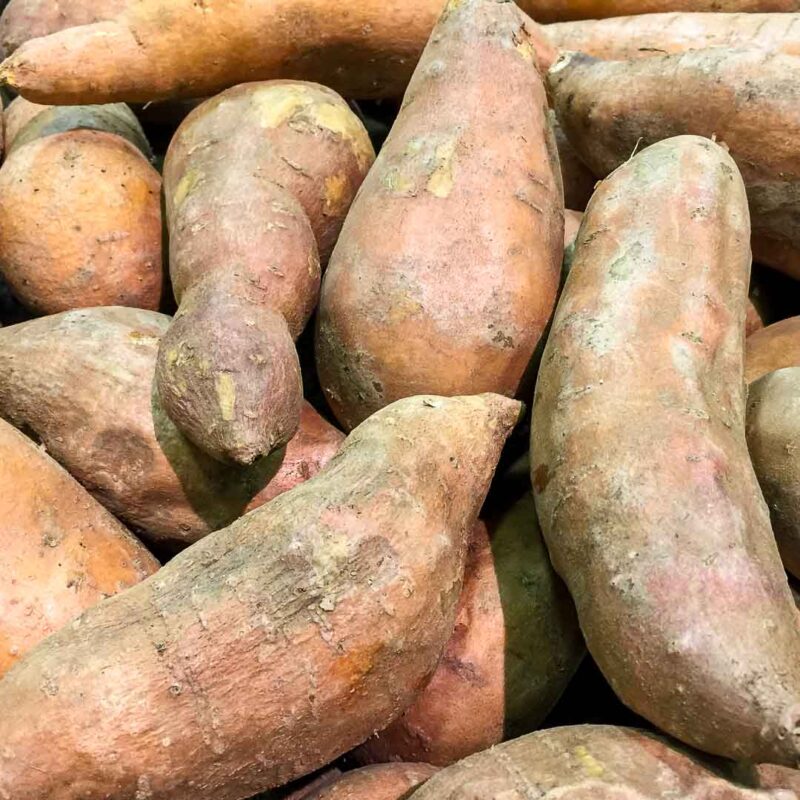
Sweet potatoes are a good source of vitamins A, C, B6 and B5, manganese, potassium, and fiber. Dogs can eat cooked sweet potatoes.
Never feed your dog raw sweet potatoes.
Sweet potatoes are easy for dogs to digest. They are in many commercial dog foods and treats formulated for sensitive stomach.
Like potatoes, they are high carbohydrate, so moderation is key. You can add a small amount of sweet potatoes to your dog’s regular food or as an occasional treat.
Winter Squash
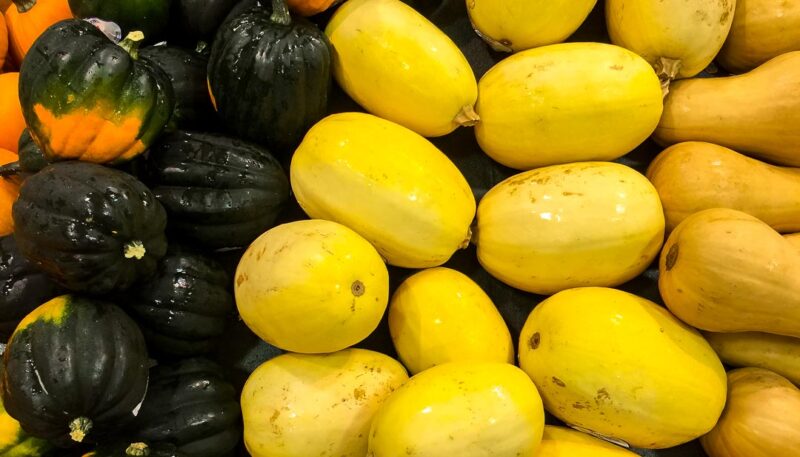
Winter Squash. Dogs can eat the cooked flesh of acorn, butternut, spaghetti, and pretty much all winter squash. It is a good idea to remove the skin and seeds because they can cause digestive tract blockage or issues.
Do not feed your dog raw winter squash. Dogs are not able to digest it properly and can cause gas, diarrhea, stomach pain, or vomiting.
Additional Information on Foods for Dogs
Final Thoughts
There are so many great healthy fall foods for dogs! Get some to share with your best friend. Use them to make awesome homemade dog treats. Or you can make dehydrated foods for cost saving dog treats with them. You might as well enjoy the season to its fullest.
📌 Pin this to save and share 📌
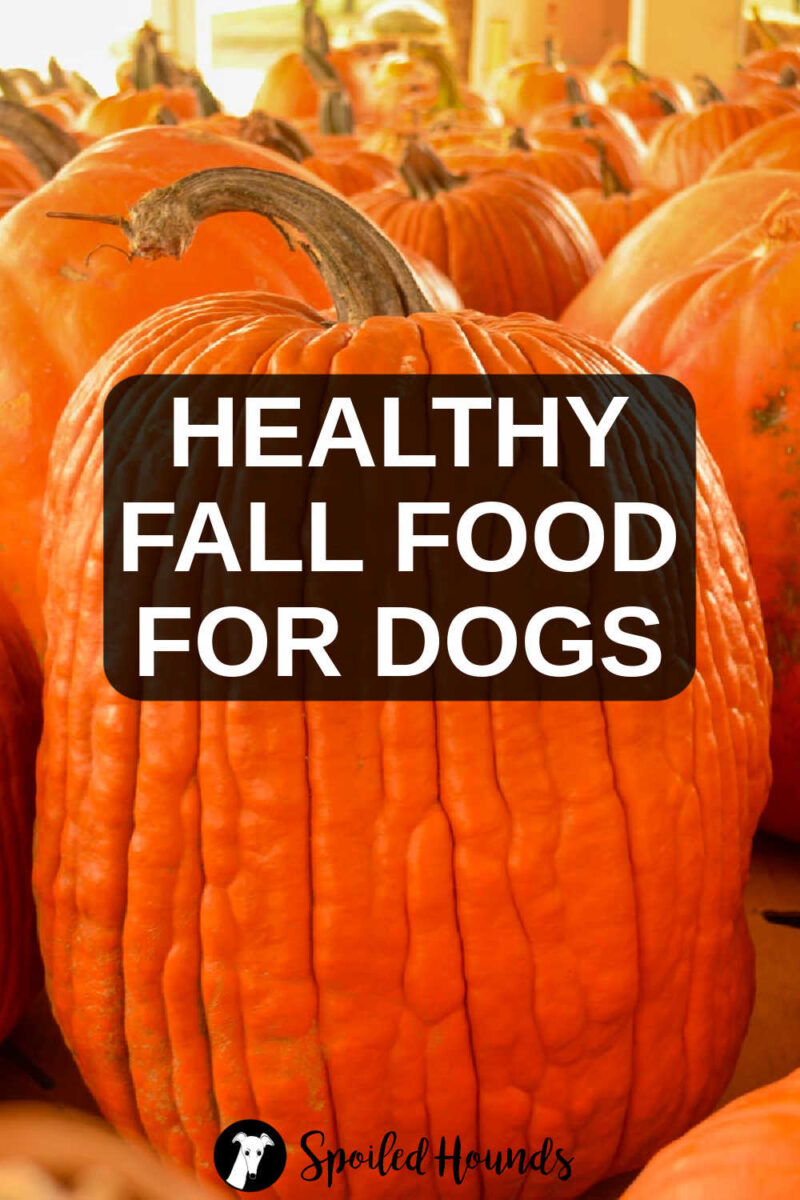
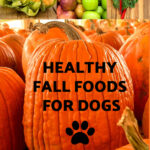
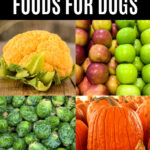
Great site and good info but I do take issue with pumpkin & squash seeds being toxic, they are not. In fact the seeds are a natural dewormer. The raw seeds could be a choking hazard for a small dog. I dry butternut squash seeds, freeze them till I make a batch of antioxident dog treats and grind them to a coarse flour and use along with rice flour, berries (blueberries, raspberries,cranberries, blackberries) molasses, ground ginger, tumeric and parsley.
You can buy the shelled raw seeds in bulk, but my small dog needs a lot of fiber so I just grind them whole.
I make my dogs food also and grow butternut squash for that purpose.
Thank you for your information Pat. I have updated the article on winter squash seeds.